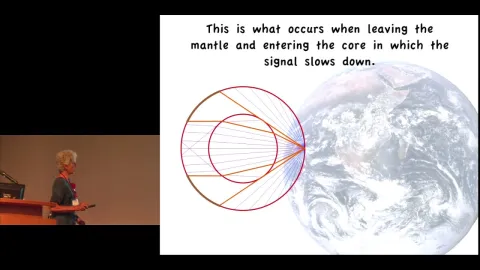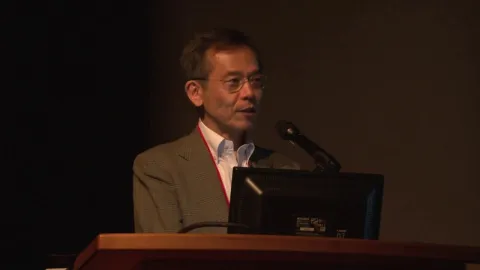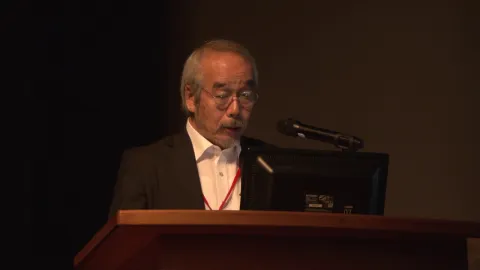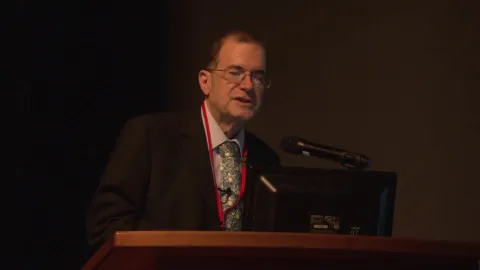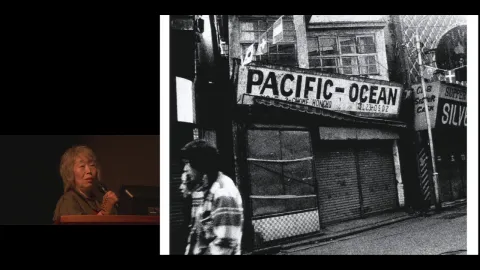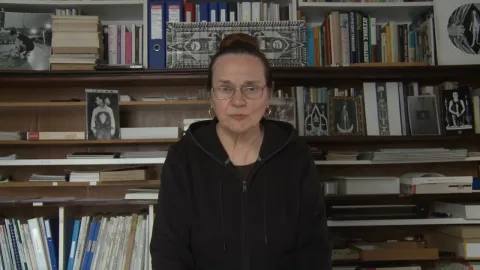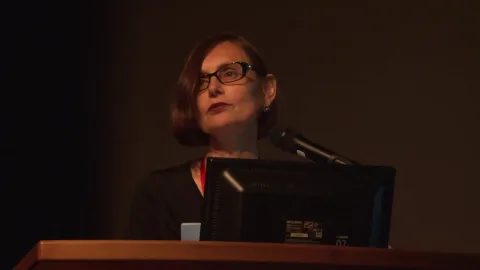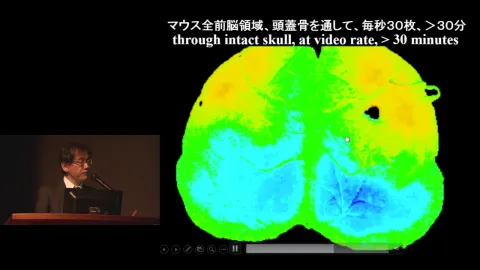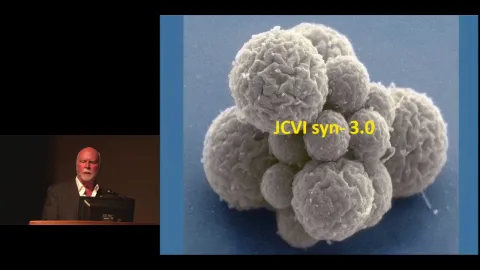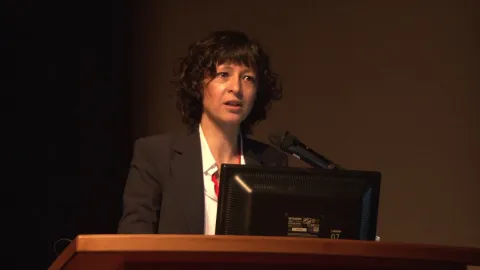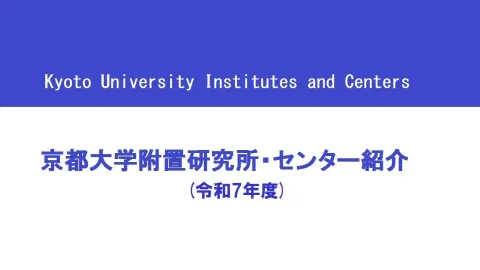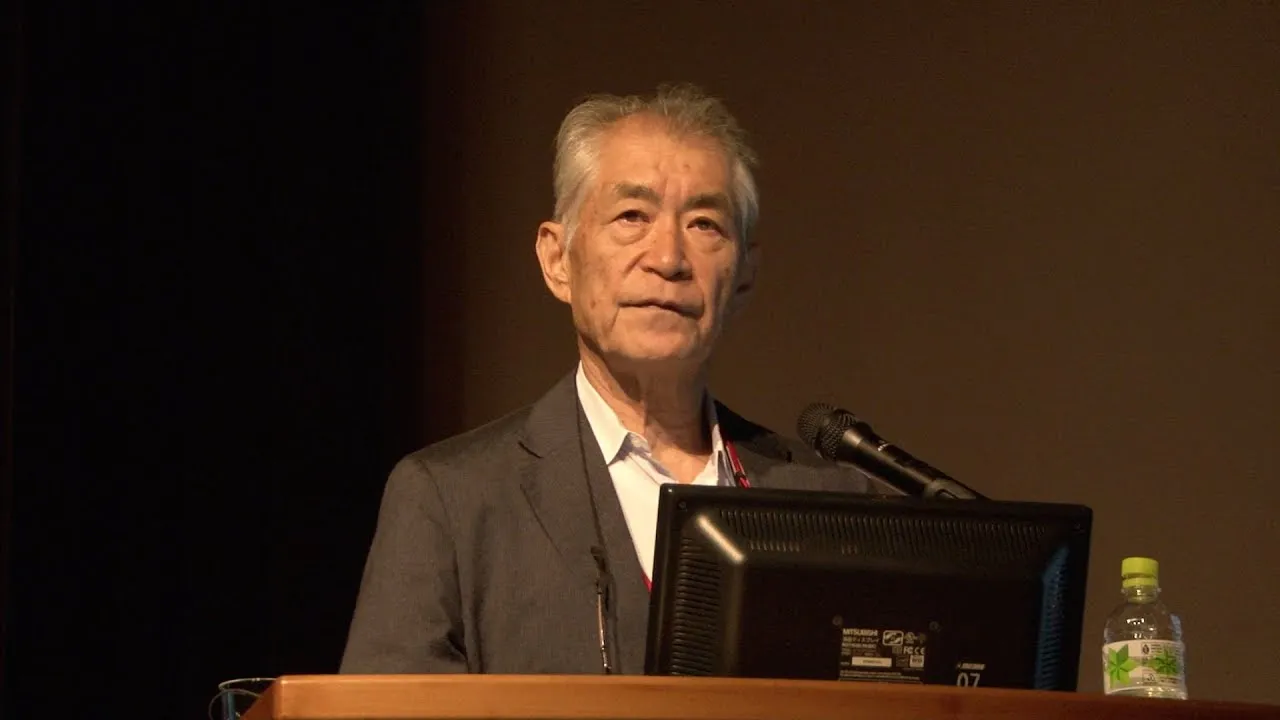
≪0:32:25≫
3rd Kyoto University-Inamori Foundation Joint Kyoto Prize Symposium
http://kuip.hq.kyoto-u.ac.jp/
https://ocw.kyoto-u.ac.jp/en/opencourse-en/158
July 9, 2016
[Biotechnology and Medical Technology]
Tasuku Honjo
Professor, Kyoto University
Title of Presentation
“Cancer immunotherapy by PD-1 blockade”
PD-1 is a membrane receptor molecule that was accidentally discovered by Ishida et al. in 1992 when they used subtraction hybridization to isolate a cDNA whose expression is induced by cell death in the thymus. After that, Nishimura et al. analyzed PD-1 knockout mice and discovered that PD-1 is an immunoinhibitory molecule. In 2002, Iwai et al. discovered that monoclonal antibodies that block PD-1 signaling activate the immune system and are effective in the treatment of diseases such as viral infections and cancer. In a joint study with the Department of Gynecology and Obstetrics at Kyoto University, we found a remarkable correlation between the prognosis of ovarian cancer and PD-1 ligand expression in tumor cells. This meant that PD-1 ligand expression by a tumor was associated with a poor prognosis, leading the team to hypothesize that these tumors might have some mechanism for avoiding attacks by killer T cells. In light of these findings, we met with a pharmaceutical company to propose that they develop human monoclonal antibodies to treat cancer and convinced the company to start the process.
Through this collaboration, a human anti-PD-1 monoclonal antibody was generated using human antibody production technologies in 2006. Phase I clinical studies of the antibody conducted in the United States and Japan demonstrated the tolerability and efficacy of the antibody in patients with a variety of cancers. To build on these findings, the Translational Research Center at Kyoto University started a phase II clinical study that exclusively enrolled ovarian cancer patients in the winter of 2011. After that, clinical studies continued, and the anti-PD-1 antibody was approved by the PMDA for the indication of melanoma in June 2014. Nearly 200 clinical studies of anti-PD-1 antibodies against various types of cancers are currently being conducted all over the world, and their results demonstrate the efficacy of the antibodies. It will be interesting to see how Japanese companies will aid in the development of the next generation of new drug candidates discovered through academic research in the future.
この動画は、クリエイティブ・コモンズ・ライセンス“Attribution-NonCommercial-ShareAlike (CC BY-NC-SA)”が付与されています。 私的学習のほか非営利かつ教育的な目的において、適切なクレジット表記をおこなうことで、共有、転載、改変などの二次利用がおこなえます。 コンテンツを改変し新たに教材などを作成・公開する場合は、同じライセンスを継承する必要があります。 詳細は、クリエイティブ・コモンズのウェブサイトをご参照ください。
- 部局
- 分野
- タグ


